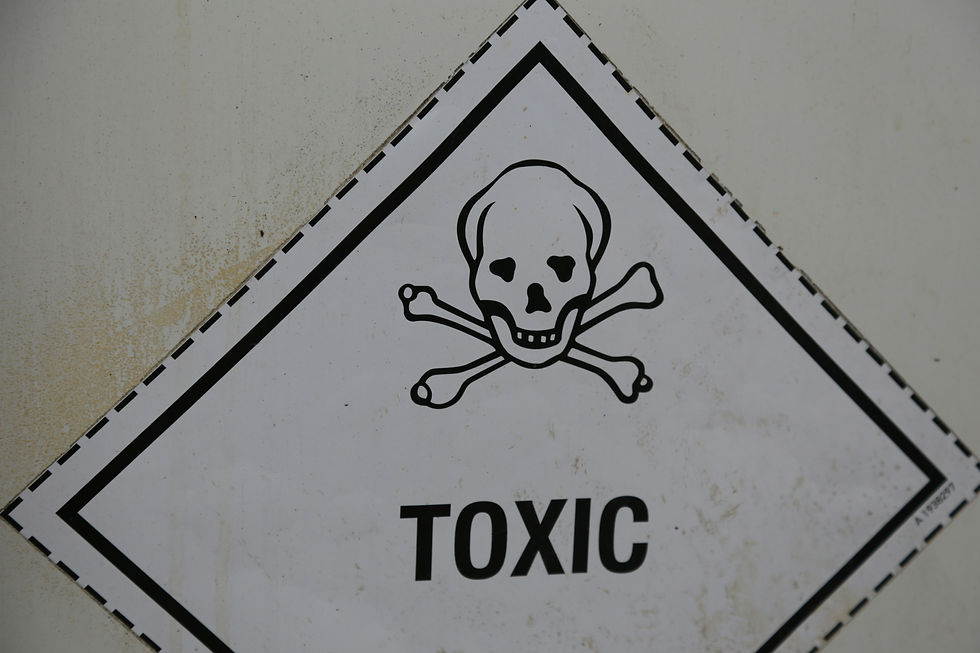When Therapy Language Gets Weaponised
- Canterbury Village Counsellor

- Nov 20, 2025
- 3 min read
How terms like “boundaries,” “gaslighting,” and “narcissist” are being misused - and why it matters.

Therapy words are everywhere now.
Terms like trauma, triggered, gaslighting, and toxic have made their way from the therapy room to everyday conversations, TikTok captions, and meme culture.
And on one level, that’s a good thing.
Language helps us make sense of our experiences. Being able to name patterns like people-pleasing or emotional neglect can bring enormous relief - especially if those patterns were invisible or dismissed in the past.
But something else is happening too.
These words are starting to lose their depth. And in some cases, they’re being used to shame, silence, or distance - rather than connect.
Language is powerful. But it needs context.
Let’s take the word “gaslighting.” Originally, it described a very specific pattern of manipulation - where someone deliberately tries to distort your reality, often to make you feel unstable or dependent.
Now, it’s often used to describe any situation where someone disagrees with your version of events. The problem? Not every disagreement is gaslighting. Sometimes people just remember things differently. Sometimes they’re defensive. Sometimes it’s messy and human.
When we use a precise term to cover every instance of discomfort, we lose the ability to talk about real nuance - and real harm.

Therapy words aren’t meant to be mic drops.
Another example: “I’m setting a boundary.”
In therapy, boundaries are a vital tool for self-respect and emotional safety. But in popular use, they sometimes get misapplied as a way to shut people down:
“I’m setting a boundary: don’t ever question me.”“If you don’t agree, that’s your trauma speaking.”“I don’t have to explain — I’m protecting my peace.”
Boundaries are valid. So are limits, needs, and space. But boundaries also exist within relationships, not just in defence of the self.
When we use therapy language to end conversations instead of deepen them, it can become a form of emotional avoidance - even control.

This isn’t about policing language - it’s about responsibility.
It’s not wrong to use therapy-informed language. It’s not wrong to identify toxic dynamics, name your trauma, or protect your energy.
But it’s worth asking:
Am I using this word to connect or to shut down?
Am I naming my own experience, or trying to control someone else’s?
Am I open to the complexity of what’s happening - or looking for a label to make it simpler?
Therapy invites us into accountability, reflection, and emotional nuance. Let’s not lose that in translation.
Thinking about starting therapy?
I work with adults who are curious about their inner world and want to explore relational patterns, emotional triggers, and the stories they carry.
My approach is collaborative, integrative, and grounded in real conversation - not just labels. I draw from Gestalt, Person-Centred and Transactional Analysis approaches, and offer both in-person and remote sessions.
Book a free introductory call
If you’re considering therapy and want to talk through what you're looking for, you're welcome to book a free 15-minute introduction call. No pressure - just a chance to see if we’d work well together.


